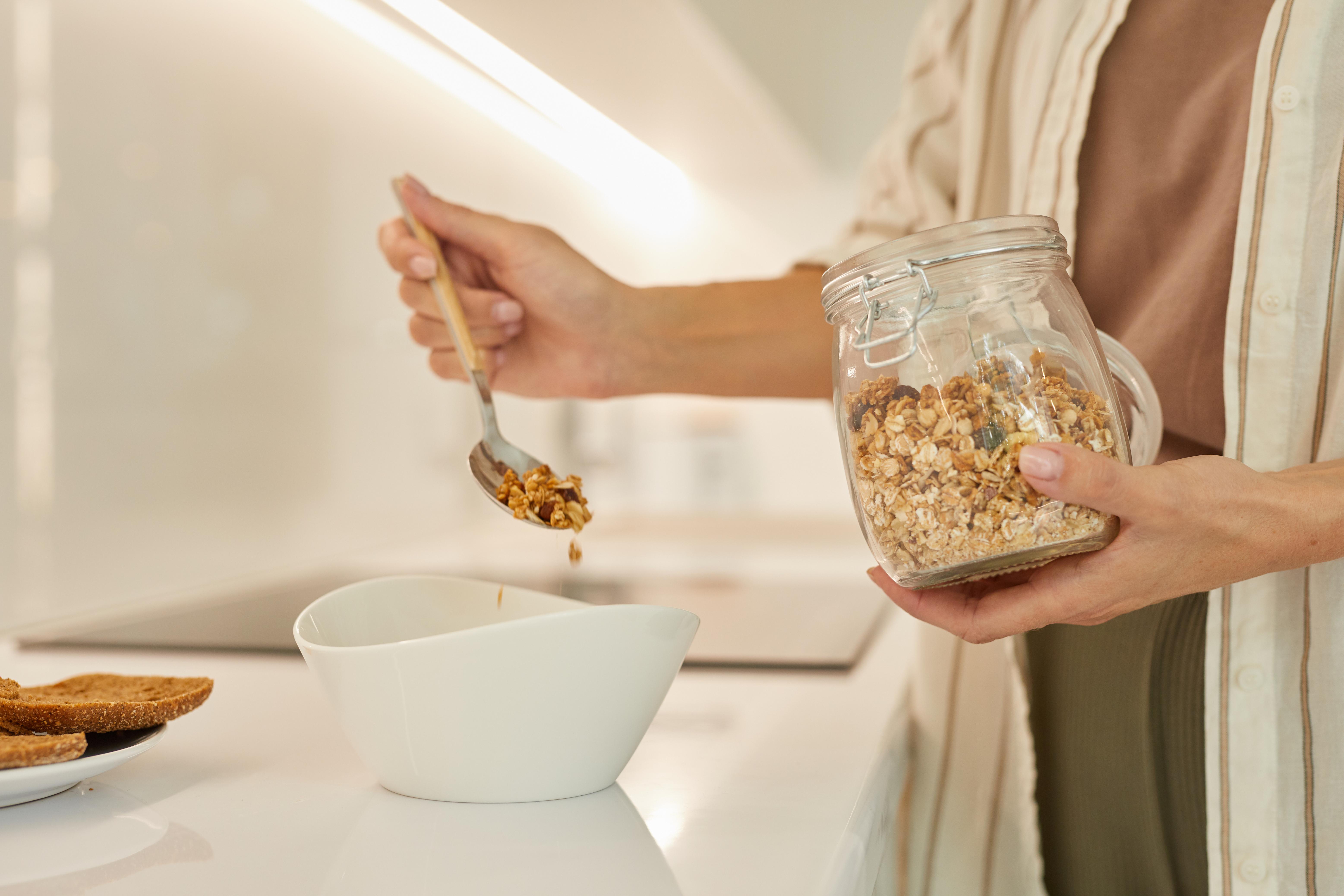Popular Health Foods That Are Actually Junk in Disguise
Think you’re making healthy choices at the grocery store? Think again. In today’s marketing-driven food world, many products wear a convincing “health halo”—boasting buzzwords like organic, low-fat, or made with whole grains—while quietly hiding excess sugar, sodium, additives, or ultra-processed ingredients. It’s not your fault; food labels are designed to mislead, not inform. That’s why we’ve expanded our list to 36 popular foods that frequently aren't as wholesome as they appear—so you can stop being duped by clever packaging and start making smarter, truly nourishing choices. From "guilt-free" snacks to breakfast staples that spike your blood sugar, we’re exposing the everyday items that might be sabotaging your wellness goals. Whether you’re aiming to eat cleaner, reduce inflammation, or simply feel better in your body, this guide pulls back the curtain on what’s really in your cart. Get ready to shop smarter, eat clearer, and never fall for fake health food again.
1. Granola: The Sugary Trap

Granola is often touted as a wholesome breakfast staple, associated with images of active, health-conscious individuals. However, the reality is that many commercial granola products are laden with sugars and unhealthy fats. While oats, the primary ingredient in granola, are indeed nutritious, the addition of sweeteners like honey, maple syrup, and even chocolate chips can significantly elevate the calorie content. This sugar-laden concoction can lead to spikes in blood sugar levels, counteracting the benefits of the fiber-rich oats. Moreover, granola is often high in calories due to the inclusion of nuts and seeds, which, while healthy in moderation, can contribute to excessive caloric intake when consumed in large quantities. This is particularly concerning for those who are mindful of their weight. The perception of granola as a "light" food can lead to overconsumption, with individuals underestimating the caloric density of their servings. As a result, what begins as a seemingly healthy breakfast choice can inadvertently contribute to weight gain and other metabolic issues. To enjoy granola without falling into the sugary trap, it is advisable to opt for homemade versions where you can control the amount of sugar and fat. Alternatively, selecting brands that prioritize low sugar content and natural ingredients can help mitigate some of these concerns. Pairing granola with unsweetened yogurt or fresh fruit can also balance the meal, providing a more nutritious start to your day without the hidden sugars.
2. Smoothies: The Caloric Conundrum

Smoothies are often seen as the epitome of health in a cup, offering a convenient way to consume fruits and vegetables. However, they can easily become caloric conundrums, especially when purchased from popular smoothie bars. Many commercial smoothies contain added sugars, in the form of fruit juices or sweeteners, that significantly increase their caloric content. These additions can transform a potentially healthy snack into a sugar-laden beverage that rivals the calorie count of a full meal. The misconception that all smoothies are inherently healthy stems from the inclusion of fruits and vegetables. While these ingredients are nutritious, the blending process can strip them of their fiber content, leading to quicker digestion and less satiety. This means that even a smoothie packed with fruits and vegetables may not keep you full for long, prompting unnecessary snacking and additional calorie consumption throughout the day. To enjoy smoothies without the caloric pitfalls, it is essential to be mindful of the ingredients. Opt for whole fruits instead of fruit juices, and consider adding a source of protein, such as Greek yogurt or a scoop of protein powder, to enhance satiety. Additionally, incorporating vegetables like spinach or kale can boost the nutritional content without significantly altering the taste. By being selective with your ingredients, you can create a balanced smoothie that supports your health goals.
